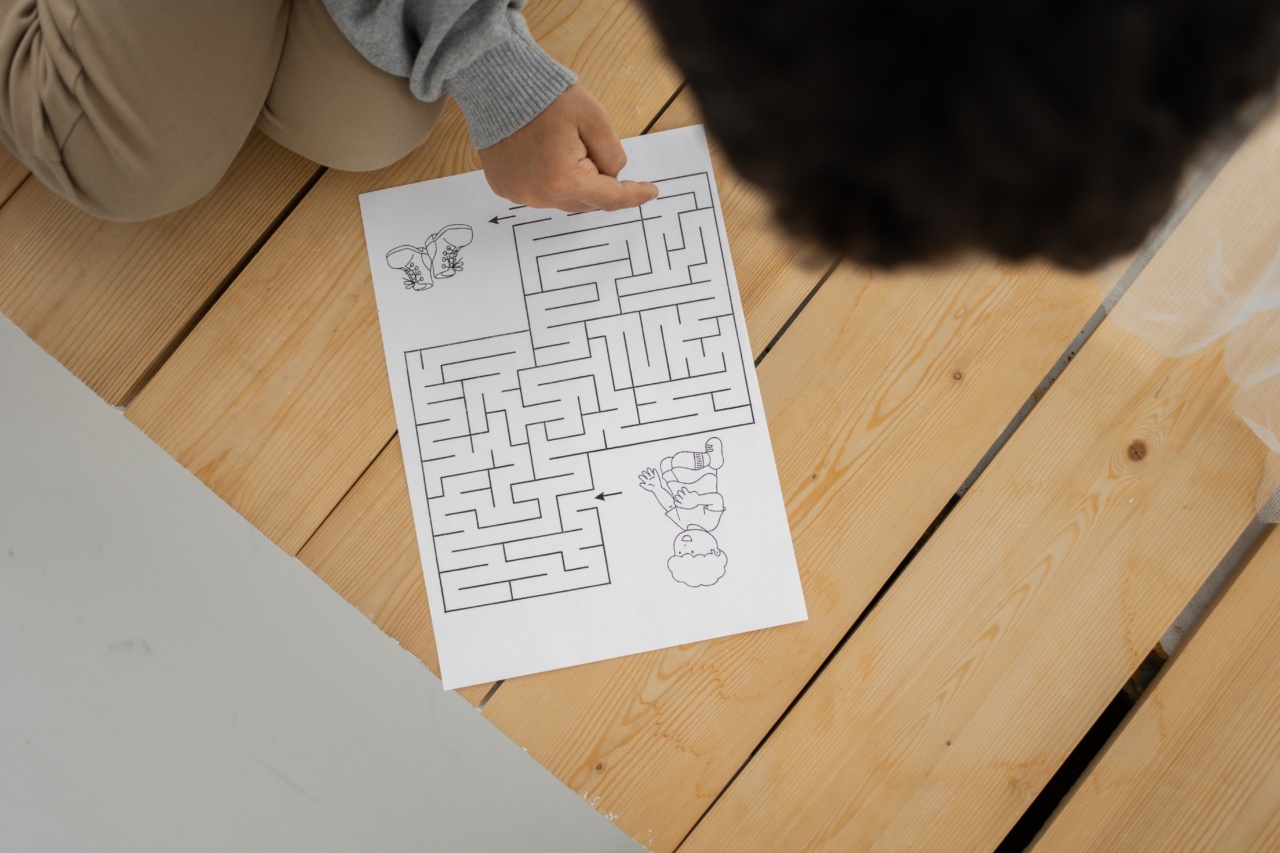As we age, maintaining a sharp and agile mind becomes increasingly important. Fortunately, there are several strategies that can help boost brain health and cognitive function.
By incorporating these habits into your daily routine, you can enjoy a younger, smarter brain for years to come.
1. Stay mentally active
Engaging in mentally stimulating activities can help keep your brain sharp. Activities like reading, puzzles, playing strategy games, or learning a new language can all help to exercise and challenge your brain, leading to improved cognitive function.
2. Get regular exercise
Physical exercise not only benefits your body but also your brain. Regular aerobic exercise has been shown to enhance memory and cognitive skills.
Engaging in activities like brisk walking, jogging, swimming, or dancing can improve blood flow to the brain and stimulate the growth of new brain cells, leading to a younger and sharper mind.
3. Prioritize a healthy diet
A well-balanced diet rich in fruits, vegetables, whole grains, lean proteins, and healthy fats can support brain health.
Certain foods, such as fatty fish (rich in omega-3 fatty acids), blueberries, turmeric, broccoli, pumpkin seeds, and dark chocolate, have been linked to improved cognitive function. Additionally, avoiding excessive sugar and processed foods can help maintain optimal brain health.
4. Get enough quality sleep
Quality sleep is essential for overall brain function and cognitive performance. During sleep, the brain consolidates memories and clears out toxins accumulated throughout the day.
Aim for 7-8 hours of uninterrupted sleep each night to promote optimal brain health and function.
5. Manage stress levels
Chronic stress can have a detrimental effect on brain health. Excessive stress hormones can negatively impact memory, learning, and overall cognitive abilities.
Incorporate stress management techniques into your daily routine, such as mindfulness meditation, deep breathing exercises, or engaging in hobbies that you enjoy. Taking care of your mental well-being can result in a sharper and more youthful brain.
6. Socialize regularly
Maintaining strong social connections can help keep your brain active and healthy. Engaging in social activities and maintaining meaningful relationships has been linked to a reduced risk of cognitive decline and Alzheimer’s disease.
Make an effort to spend time with friends, family, and participate in social events to keep your brain stimulated.
7. Challenge your brain
Continuously challenging your brain with new and complex tasks can help improve cognitive function. Learn a musical instrument, take up a new hobby, solve puzzles or riddles, or engage in activities that require problem-solving skills.
By constantly challenging your brain, you can enhance your mental capacity and keep your brain young and agile.
8. Stay hydrated
Proper hydration is essential for optimal brain function. Even mild dehydration can impair cognitive performance, attention, and memory. Make sure to drink enough water throughout the day to keep your brain functioning at its best.
9. Limit alcohol and tobacco
Excessive alcohol consumption and smoking have been associated with cognitive decline and an increased risk of neurodegenerative diseases. To maintain a younger and sharper brain, it’s important to limit or avoid alcohol and tobacco use.
10. Keep learning
Never stop learning new things. Lifelong learning has been proven to enhance brain health and protect against cognitive decline as we age.
Take up new hobbies, enroll in online courses, read books on new subjects, or join clubs or groups that interest you. The process of continued learning helps create new neural connections, keeping your brain flexible and improving cognitive abilities.






























